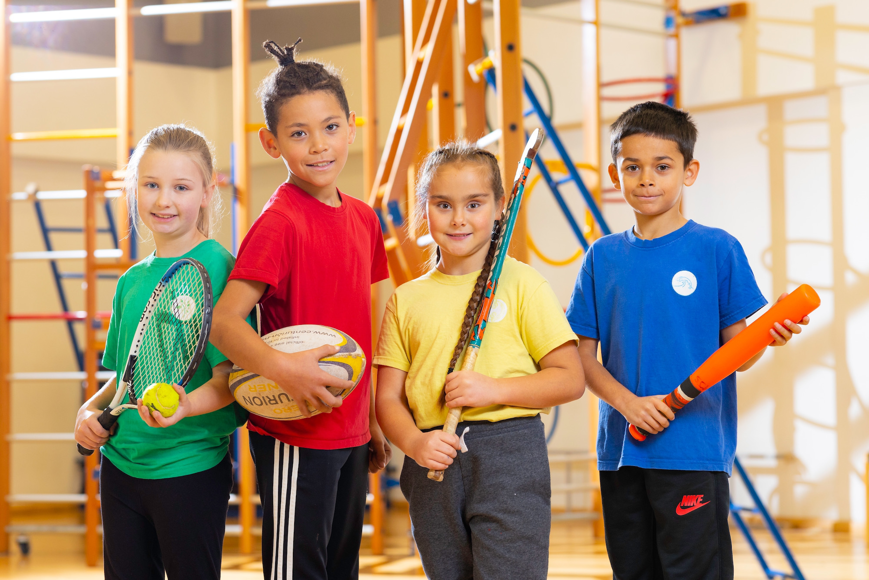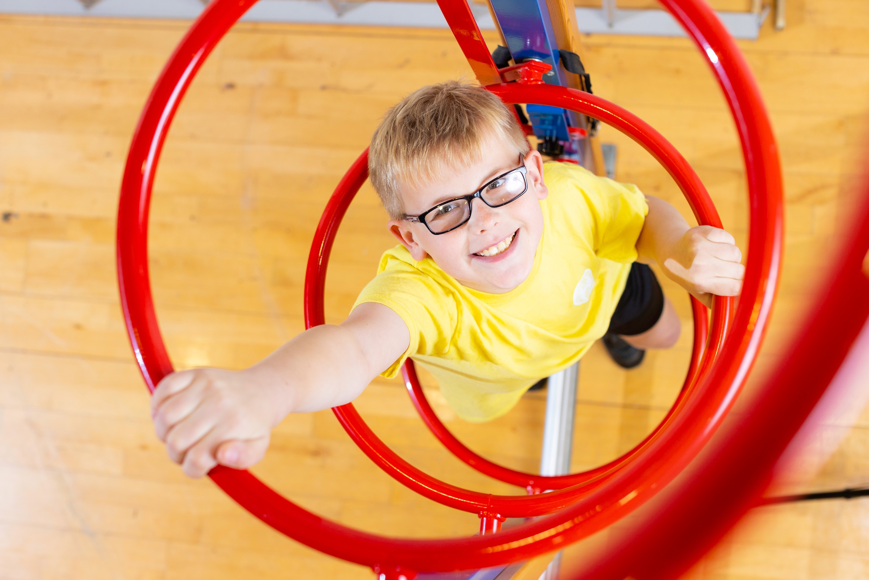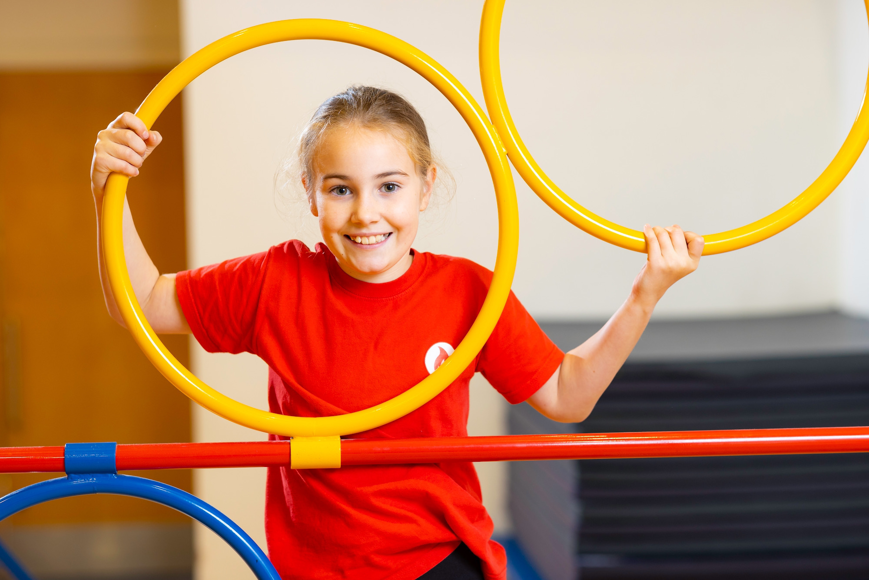- Home
- Curriculum
- Subjects
- PE (Physical Education)
PE (Physical Education)

Whole school progression of skills
Intent
At Marnel Junior School, we believe that Physical Education (PE) should be experienced in a safe and supportive environment, ensuring that children achieve optimal physical and emotional development and good health. Our aim is to deliver high-quality teaching and learning opportunities that inspire all children to succeed in physical education and develop essential life skills. We are passionate about fostering cooperation and collaboration among students as part of effective teams, emphasising equity and fairness in play while embedding these lifelong values. Our ambitious curriculum is designed to enhance the well-being and fitness of all children through the sporting skills taught and the underlying values and disciplines that PE promotes.

Implementation
PE at Marnel Junior School provides challenging and enjoyable learning experiences through a diverse range of activities, including invasion games, net and wall games, strike and field games, gymnastics, dance, swimming, and outdoor adventures. Our long-term plan outlines the PE units to be taught throughout the year, ensuring that we fully meet the requirements of the National Curriculum. Students participate in two high-quality PE lessons each week, covering two different sporting disciplines every half term. Additionally, we encourage children to engage in a variety of extracurricular activities.
We have adopted the Get Set 4 PE program, which allows us to teach a broader range of sports, including yoga and gymnastics. This program equips children with the knowledge and skills necessary for their next phase of learning. Our OPAL play initiative has improved playtimes for all children, resulting in happier students who enter the classroom ready to learn. We are also enhancing our play spaces across the school to maximize our wonderful facilities, ensuring a fully inclusive play offer. Through play, we aim to develop our school values, encouraging children to be creative, resilient, independent, and collaborative while respecting those around them.

Impact
Our approach helps motivate children to participate in a variety of sports through engaging and enjoyable teaching. Students learn to take responsibility for their own health and fitness, with many experiencing the joy of success in competitive sports. We equip our children with the necessary skills and a love for sport, fostering a foundation for happy and healthy lives as they utilise the knowledge acquired through PE.
In line with National Curriculum Key Stage 2 expectations, pupils will continue to apply and develop a broader range of skills, learning to use them in different ways and link them to create sequences of movement. They will enjoy communicating, collaborating, and competing, while developing an understanding of how to improve in various physical activities and sports. Pupils will be taught to use running, jumping, throwing, and catching in isolation and in combination, participating in competitive games such as basketball, cricket, football, hockey, netball, and rounders.
NC KS2 Expectations
Pupils should continue to apply and develop a broader range of skills, learning how to use them in different ways and to link them to make actions and sequences of movement. They should enjoy communicating, collaborating and competing with each other. They should develop an understanding of how to improve in different physical activities and sports and learn how to evaluate and recognise their own success.
Pupils should be taught:
- to use running, jumping, throwing and catching in isolation and in combination
- play competitive games, modified where appropriate [for example, badminton, basketball, cricket, football, hockey, netball, rounders and tennis], and apply basic principles suitable for attacking and defending
- develop flexibility, strength, technique, control and balance [for example, through athletics and gymnastics]
- perform dances using a range of movement patterns
- take part in outdoor and adventurous activity challenges both individually and within a team
- compare their performances with previous ones and demonstrate improvement to achieve their personal best.
- swim competently, confidently and proficiently over a distance of at least 25 metres
- use a range of strokes effectively [for example, front crawl, backstroke and breaststroke]
- perform safe self-rescue in different water-based situations.



